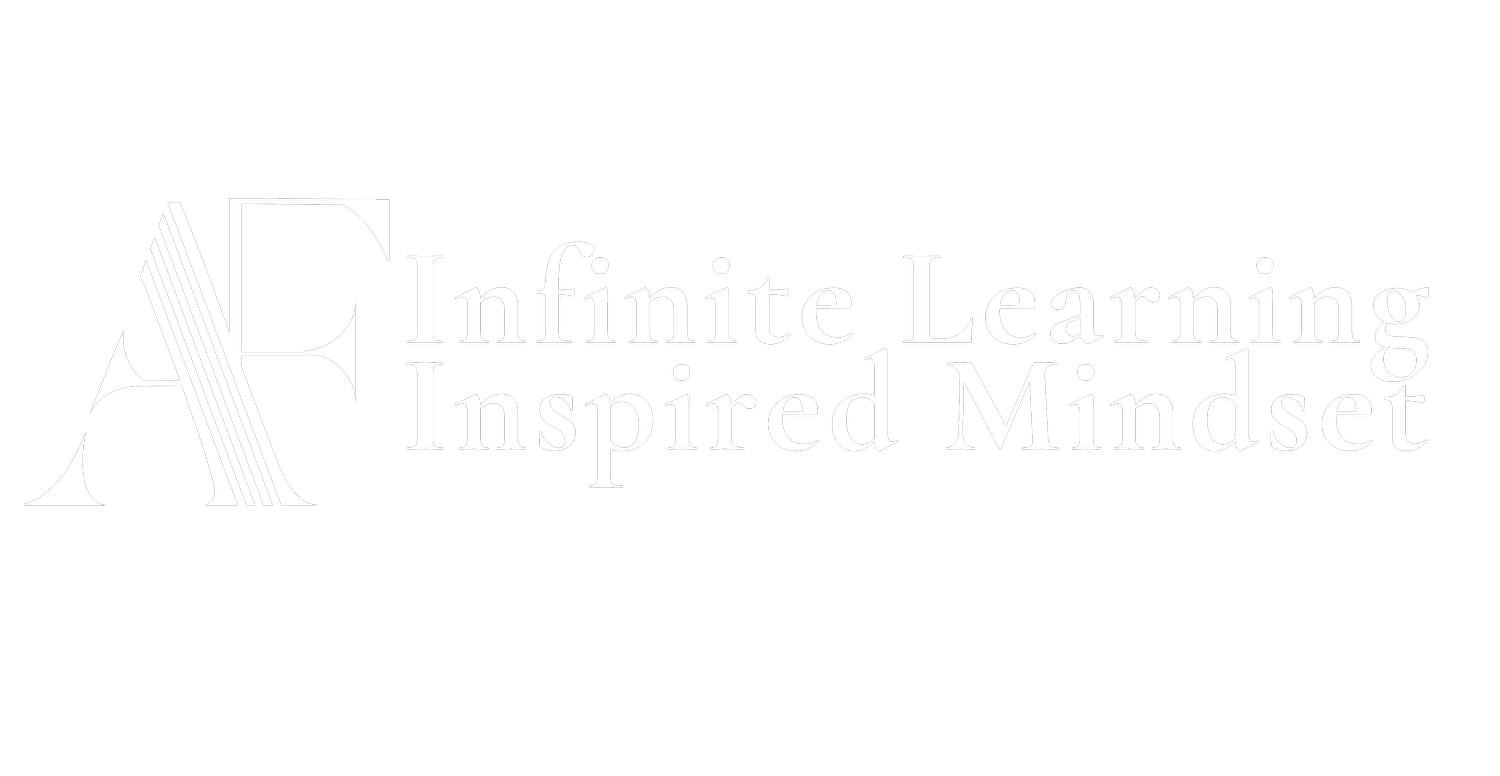Why preparation for future work is abiding theme at WNE
by Robert E. Johnson, Ph.D. President, Western New England University
As a university president, I am acutely aware of the evolving role of higher education, both locally and nationally. Higher education’s mission is not only to educate and foster leadership but also to cultivate civility, civil discourse and mutual respect.
At its core, it is about preparing students for the future workplace. At Western New England University, this philosophy is central to everything we do. We focus on equipping our students not just for the careers of today but for those of tomorrow — some of which don’t even exist yet. We empower our students to tackle problems that haven’t been identified and to innovate in ways that set them apart from automation and artificial intelligence.
Our goal is to instill in them a mindset and a skill set that will enable them to create new value and foster personal growth in ways that technology cannot replicate.
Education is undeniably important, and the financial benefits of a college degree are well documented. However, it is equally important to develop human qualities: to respect others and to adapt to an everchanging workplace, whether in a corporation, a small business, a classroom, a research lab, or within government or law.
Ours is a comprehensive university with approximately 3,500 students — 2,400 undergraduates and the remainder in our graduate programs across the School of Law, College of Arts and Sciences, College of Business, College of Engineering and College of Pharmacy and Health Sciences. We are dedicated to preparing our students for the future of work, underpinned by both innovative thinking and a deep respect for our history in Springfield.
Founded in 1919 as the Springfield Division of Northeastern College, WNE initially focused on preparing students for careers in law, business and accounting. Over the decades, we expanded our academic offerings and became Western New England College in 1951, eventually achieving university status in 2011.
While our name and programs have evolved, our commitment to workforce preparation remains steadfast. At WNE, our value proposition — “Powerful Preparation for the Future of Work” — is supported by three key pillars:
• As a “New Traditional University,” WNE embraces a distinctive and innovative model that is rooted in tradition and responsive to the future.
• We believe that an agile mind will define success in the future of work. Our aim is to equip our students with the essential human skills that will enable them to succeed, adapt, and thrive by learning, unlearning, and relearning.
• We provide opportunities for personal exploration and growth through continuous, transformational learning. By helping students discover their “why,” we prepare them to articulate their unique value propositions and find their place in the world.
These pillars empower WNE students to embrace the possibilities of the future, navigating change, disruption and ambiguity with confidence, while achieving personal and professional success in a global society.
It’s clear to all of us at WNE that our approach seems to be working.
We continue to buck some of the challenges faced by many other universities of similar size within our region and across the country. This academic year, we enrolled the largest class in our 105-year history — approximately 950 students. With some of the best faculty, programs and student support services available, our outcomes speak for themselves: 96 percent of our graduates secure employment or enter graduate school within six months of graduation.
As we continue to adapt to the changing landscape of higher education, we remain optimistic about the career prospects of our students and the future of our university.


